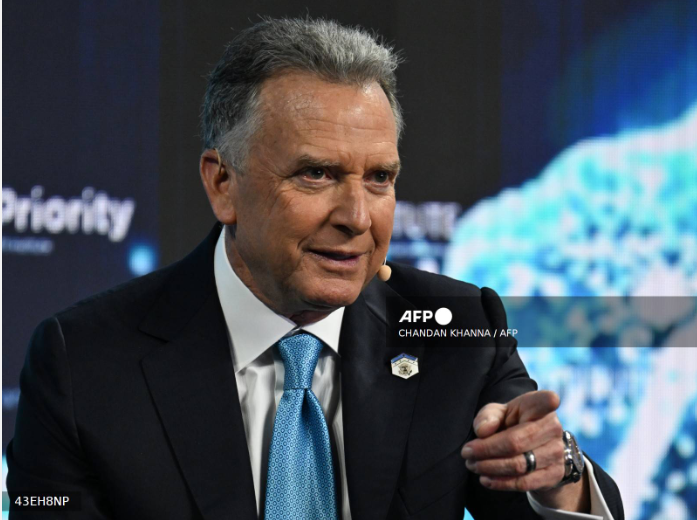The United States and Iran engaged in a third round of indirect talks in Oman, focusing on the intricacies of a potential nuclear agreement. These discussions, led by US Special Envoy Steve Witkoff and Iranian Foreign Minister Abbas Araghchi, included technical experts from both nations, marking a significant step in the diplomatic process. The central objective remains preventing Iran from developing nuclear weapons, a goal Tehran insists it doesn’t pursue, in exchange for easing the stringent sanctions that have crippled its economy. This renewed diplomatic effort follows the Trump administration’s withdrawal from the 2015 multilateral nuclear deal, a move that significantly escalated tensions between the two countries.
While cautious optimism has been expressed by Iranian officials, the success of these talks hinges on the nature of US demands. Iran has signaled willingness to engage if the focus remains solely on preventing nuclear weapons development. However, “impractical or illogical demands,” particularly those related to Iran’s defense capabilities and missile program, could create significant obstacles to reaching an agreement. The inclusion of technical experts in these discussions suggests a deeper dive into the specifics of a potential deal, potentially addressing verification mechanisms, enrichment levels, and the scope of sanctions relief. The duration of the talks remained flexible, reflecting the complexity of the issues at hand.
The backdrop of these negotiations is marked by heightened tensions and a history of mistrust. President Trump, while expressing a preference for a diplomatic solution, has reiterated the possibility of military action if negotiations fail. This threat underscores the high stakes involved and the pressure on both sides to find common ground. The talks are mediated by Oman, continuing its role as a neutral facilitator in the complex relationship between the US and Iran. These discussions represent the most significant high-level engagement since 2018, when the US withdrew from the Joint Comprehensive Plan of Action (JCPOA), commonly known as the Iran nuclear deal.
The “maximum pressure” campaign of sanctions reinstated by the Biden administration adds another layer of complexity to the negotiations. Recent sanctions targeting Iran’s oil network, implemented just days before the Oman talks, have been met with criticism from Tehran, further highlighting the delicate balance of power dynamics. Long-standing accusations by Western nations regarding Iran’s nuclear ambitions, consistently denied by Tehran, continue to fuel suspicion and complicate the path towards a mutually acceptable agreement. The International Atomic Energy Agency (IAEA), the UN’s nuclear watchdog, has raised concerns about unexplained tunnels near Iran’s Natanz nuclear site, adding another dimension to the discussions.
A key sticking point remains Iran’s uranium enrichment program. The US maintains a firm stance against Iran’s enrichment activities, suggesting the import of enriched material as an alternative. This proposal clashes with Iran’s assertion of its right to enrich uranium, a point it considers non-negotiable. Iran’s stated intention to expand its nuclear reactor program further complicates the negotiations. The ongoing talks between Iran and the remaining signatories of the 2015 nuclear deal – Britain, France, and Germany – also influence the dynamics of the US-Iran discussions.
The possibility of triggering the “snapback” mechanism under the 2015 agreement, which would reinstate UN sanctions on Iran, looms large over the negotiations. This mechanism, set to expire in October, is viewed by some as a potential lever to pressure Iran into compliance. However, Iran has warned of its potential withdrawal from the Nuclear Non-Proliferation Treaty (NPT) if the snapback is activated, raising the stakes and underscoring the fragility of the diplomatic process. The confluence of these factors creates a complex and challenging environment for the negotiators, demanding careful diplomacy and a willingness to compromise if a mutually acceptable resolution is to be achieved.














